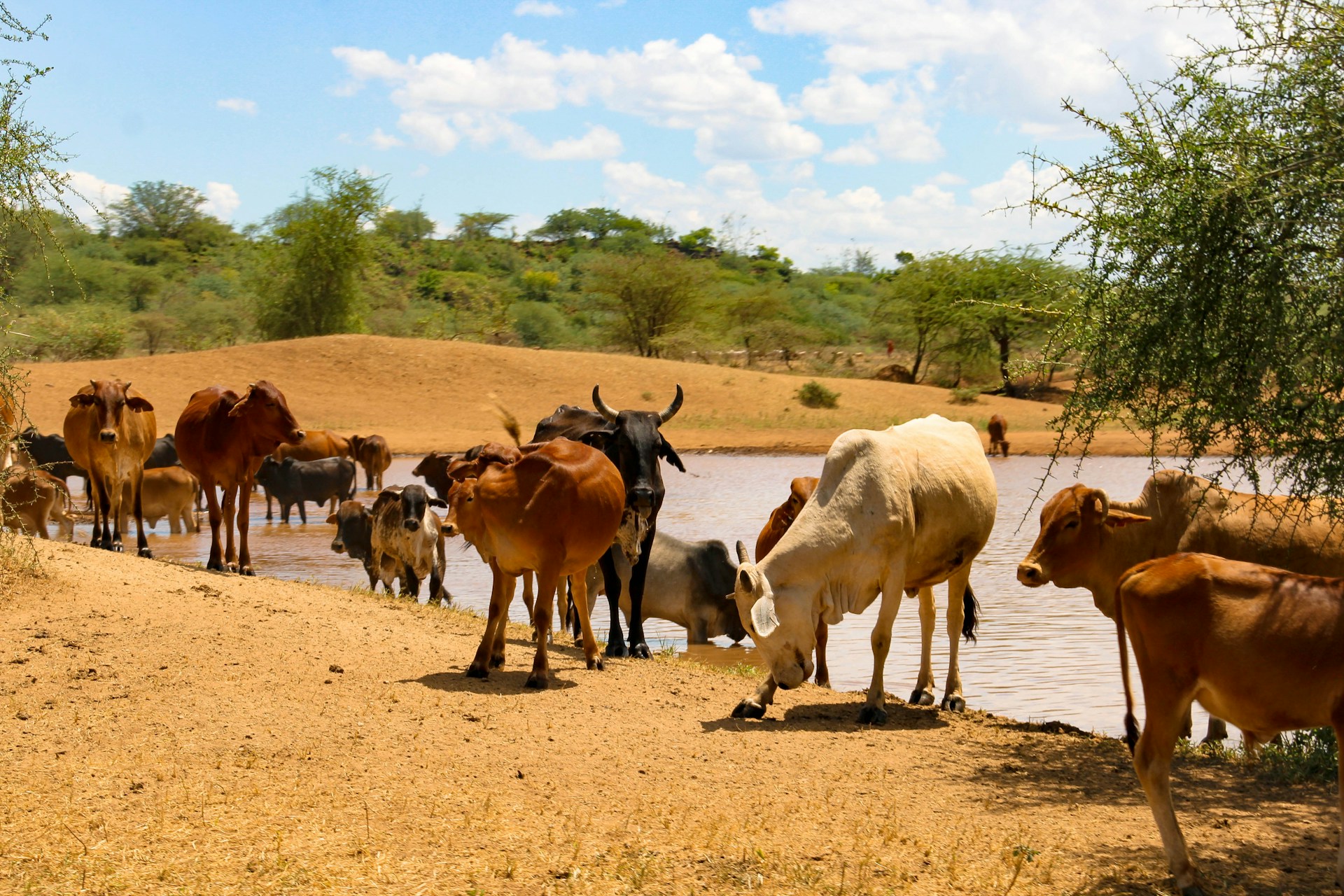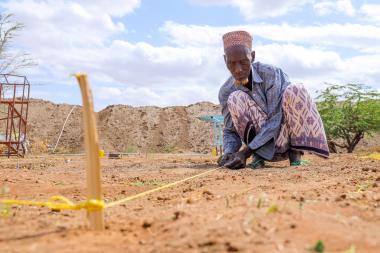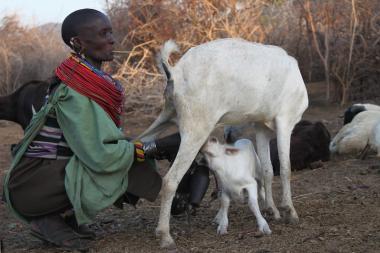SPARC partner publication
Enabling adaptation: Harnessing the power of participatory approaches to facilitate locally led climate adaptation in northern Kenya
This report examines how participatory research and decision-making can help local stakeholders to overcome barriers to LLA in the context of drought in pastoralist and agro-pastoralist communities.
Publisher Mercy Corps
Over the past decade, locally led adaptation (LLA) has gained recognition within global climate resilience efforts. Defined by its emphasis on shifting power and resources to local actors, LLA is underpinned by principles of equity, inclusion, and community agency.
Despite widespread endorsement of these principles, there remains limited evidence on how governance structures and political dynamics shape the ability of communities to lead climate adaptation in practice. This study contributes to filling that gap by examining how participatory research and decision-making processes can help diverse local stakeholders to overcome barriers to LLA in the context of drought in pastoralist and agro-pastoralist communities in Isiolo, Marsabit, and Samburu Counties in Northern Kenya.
The study was carried out between September 2024 and March 2025 in three wards (Chari in Isiolo County, Laisamis in Marsabit County, and Waso in Samburu County), in collaboration with Mercy Corps Kenya’s Resilient Approaches in Natural Rangeland Ecosystems (RANGE) programme.
The research was conducted through a participatory research process involving community researchers, local government officials, and RANGE programme partners. Data collection included 12 focus group discussions (FGDs) led by community researchers from each of the wards included in the study. Analysis included a mix of thematic analysis and systems analysis led by the core research team, alongside sensemaking sessions with community researchers, local government officials, and a civil society stakeholder. The analysis process also included community validation sessions to connect emerging themes to local realities and to identify actions that Mercy Corps and its partners can undertake to support adaptations.
The findings offer high-level recommendations to civil society actors, policymakers, and donors looking to support LLA in East Africa’s drylands and beyond.
Read the report here.



